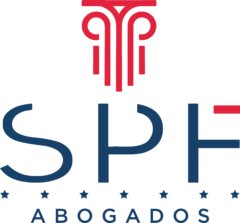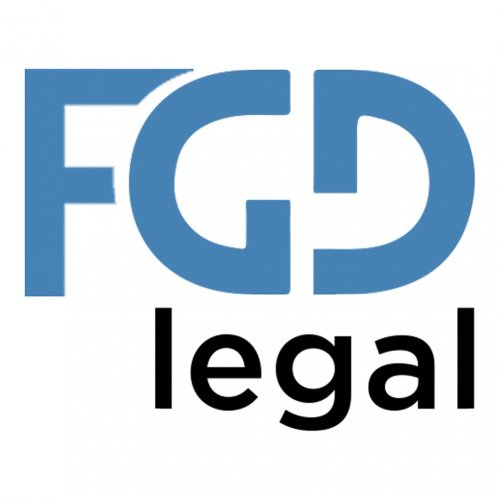Best Collaborative Law Lawyers in Las Condes
Share your needs with us, get contacted by law firms.
Free. Takes 2 min.
Free Guide to Hiring a Family Lawyer
List of the best lawyers in Las Condes, Chile
About Collaborative Law Law in Las Condes, Chile
Collaborative law in Las Condes, Chile, pertains to a legal process emphasizing negotiation and cooperation, commonly employed in matters such as family disputes, divorce, and custody battles. It focuses on creating an amicable and mutually beneficial solution, often involving a team approach where each party has legal representation and a neutral, qualified collaborative law professional facilitates discussions.
Why You May Need a Lawyer
While the collaborative law approach encourages cooperative solutions, the importance of legal representation can't be understated. Individuals going through divorce or facing custody issues might find it challenging to come to a mutual agreement due to emotional stress or disagreements. Lawyers with expertise in collaborative law can provide essential legal advice and ensure that the settlement is fair, unbiased, and legally binding. They also guide their clients in negotiating their rights and interests.
Local Laws Overview
Under Chilean law, both parties in the collaborative law process must agree to a "Participation Agreement" that sets out the conditions to voluntarily and transparently provide all necessary information for a mutually beneficial resolution. Note that in family disputes or divorces, the custodial rights of children are given utmost priority. Beyond this, local laws of Chile also accept the involvement of other professional resources like psychologists, child specialists, and financial advisors in the collaborative process for a holistic solution.
Frequently Asked Questions
What if the collaborative law process doesn't lead to an agreement?
Should negotiations break down, the collaborative law process ends, and each party must retain new representation for any further legal proceedings.
Can I engage in litigation while also partaking in the collaborative process?
No, once in the collaborative law process, all parties agree not to go to court while the process is ongoing.
Is collaborative law only for divorce issues?
No, while common in divorce and family law cases, collaborative law can also be suitable for civil disputes such as contractual disagreements, employment relations, property divisions, and more.
Does the collaborative approach entail a confidentiality agreement?
Yes, participants in the collaborative law process adhere to a confidentiality agreement to foster open and honest communication, stipulating that information shared remains confidential.
Are there consequences if a party hides information during the collaborative process?
A party deliberately withholding information constitutes a breach of the Participation Agreement and may cause the termination of the collaborative process and possible legal repercussions.
Additional Resources
Several resources can provide further assistance in collaborative law matters. The Chilean Bar Association has resources and advice relating to collaborative law and can provide connections to lawyers experienced in this field. The Ministry of Justice and Human Rights in Chile also offers resources and guidance. For family disputes, relevant departments like the Chilean Service for Child Welfare can be consulted.
Next Steps
If you need legal assistance in collaborative law, start by seeking skilled legal professionals experienced in this field. They can guide you through the complicated legal process and help you understand your rights and obligations under Chilean law. Ensure you are comfortable talking openly with your lawyer and that they are responsive to your concerns. The key to success in collaborative law is open communication and a shared goal of resolution.
Lawzana helps you find the best lawyers and law firms in Las Condes through a curated and pre-screened list of qualified legal professionals. Our platform offers rankings and detailed profiles of attorneys and law firms, allowing you to compare based on practice areas, including Collaborative Law, experience, and client feedback.
Each profile includes a description of the firm's areas of practice, client reviews, team members and partners, year of establishment, spoken languages, office locations, contact information, social media presence, and any published articles or resources. Most firms on our platform speak English and are experienced in both local and international legal matters.
Get a quote from top-rated law firms in Las Condes, Chile — quickly, securely, and without unnecessary hassle.
Disclaimer:
The information provided on this page is for general informational purposes only and does not constitute legal advice. While we strive to ensure the accuracy and relevance of the content, legal information may change over time, and interpretations of the law can vary. You should always consult with a qualified legal professional for advice specific to your situation.
We disclaim all liability for actions taken or not taken based on the content of this page. If you believe any information is incorrect or outdated, please contact us, and we will review and update it where appropriate.













